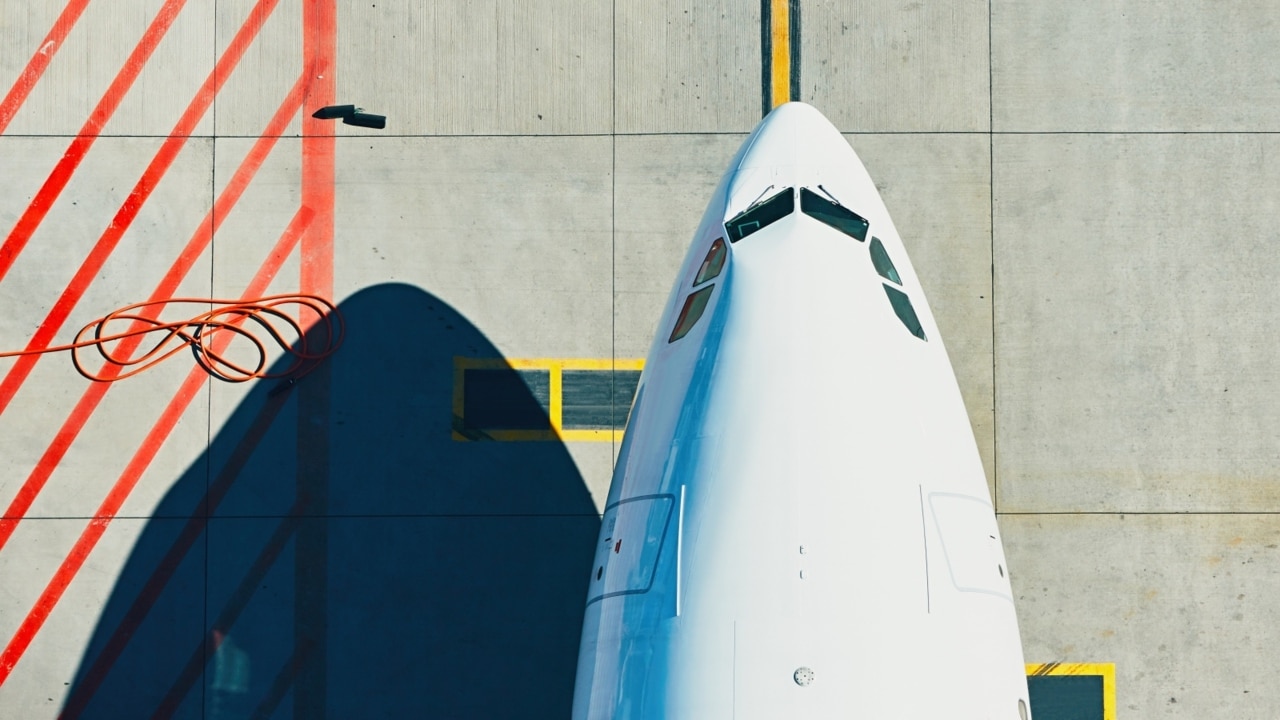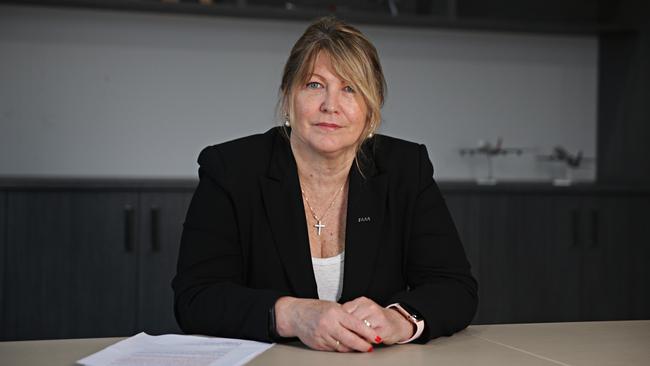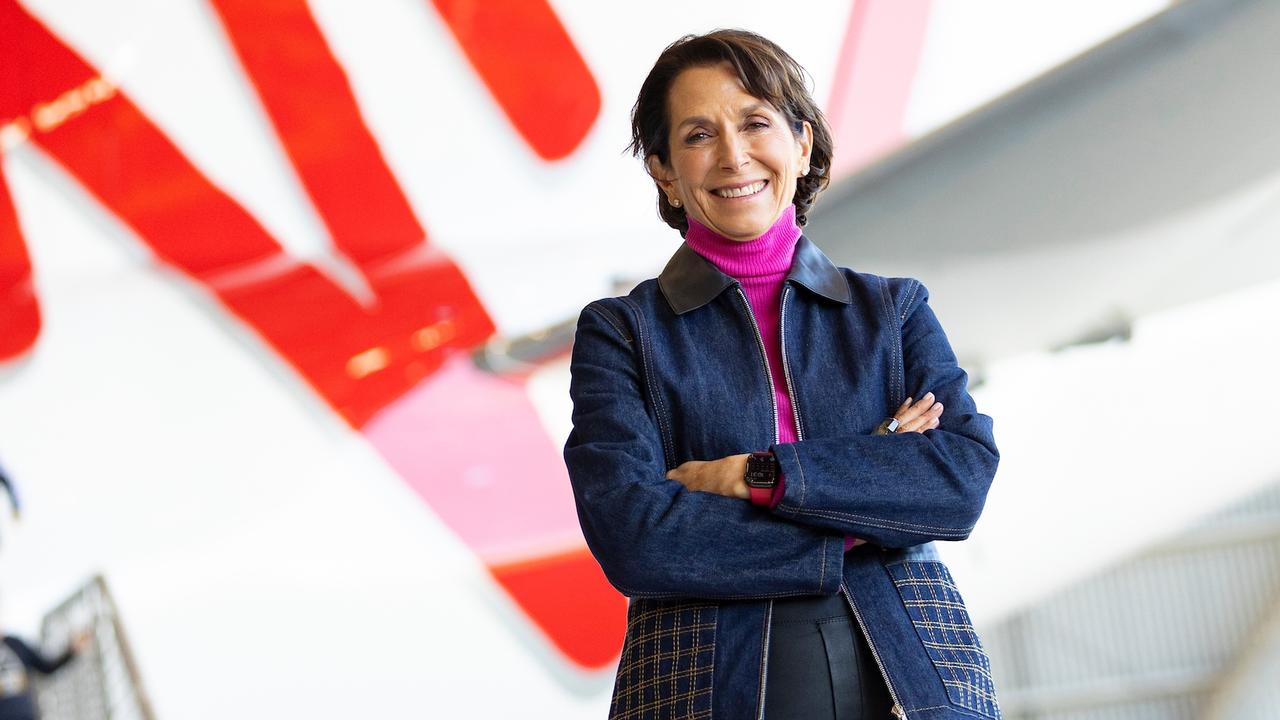Flight attendants launch ‘fatigue doesn’t fly’ campaign to pressure CASA into action on issue
Flight attendants are marking international cabin crew day with a new ‘fatigue doesn’t fly’ campaign to highlight inadequate rest provisions.

Business
Don't miss out on the headlines from Business. Followed categories will be added to My News.
Flight attendants have the Civil Aviation Safety Authority in their sights after more than a decade of inaction on fatigue management for cabin crew, expected to fly for hours on end with only short breaks.
Coinciding with international cabin crew day on Friday, the Flight Attendants Association of Australia is launching its “fatigue doesn’t fly” campaign, to pressure CASA into action.
FAAA federal secretary Teri O’Toole said it was not unusual for 10-hour flights to turn into 15-hour ordeals due to delays, with no provision for a proper lie down as a result.
“Under the modern award which is what our rest breaks are based on, you get 20 minutes break in the first six hours, and 20 minutes every four hours after. So on a flight to Los Angeles of 14 to 15 hours, crew would be entitled to an hour off,” Ms O’Toole said.
She said the lack of regulation meant international cabin crew spent their days off simply trying to catch up on sleep, rather than enjoying genuine time away from work.
“Our beef is not with the airlines, it’s with the regulator whose responsibility it is to ensure safe work conditions for cabin crew,” she said.
“But all we hear from CASA is that they want to bed in fatigue management regulations introduced for pilots in 2019. They’ve been bedding it in for five years! How long does it take?”
A CASA spokesman confirmed cabin crew fatigue was “on their radar”.
“Our priority has been bedding down pilot fatigue risk management systems and implementing safety improvements under the new flight operations regulatory suite,” the spokesman said.
“We plan to commence a post-implementation review of the pilot fatigue risk management rules within the next 12 to 18 months and this will inform any additional work on fatigue across the industry.”
Ms O’Toole’s concern was that there would be minimal protection for cabin crew working on Qantas’ planned Project Sunrise flights of up to 22 hours duration due to start in 2026.

She said although Qantas was providing a crew bunk on new A350s for rest, there was nowhere for flight attendants to have a meal.
“They’re going to work for 26 hours. Are they going to eat their food sitting in a jump seat in front of passengers?” Ms O’Toole asked.
“How can you go to work for that length of time and not even have a place to eat a meal? We want restrictions to be implemented so crew are protected. We’ve asked nicely, we’ve played nicely, now we’re going to start a campaign.”
Along with a “fatigue doesn’t fly” petition, the FAAA wants travellers to post on social media using the slogan in a show of support for cabin crew.
Ms O’Toole said fatigue was a serious risk in a work environment where safety was paramount, with cabin crew the first responders.
“It’s great pilots have these provisions but we’re doing this flying as well, we’re safety professionals,” she said. ‘
“It doesn’t matter how well they land the plane, we’ve got to get everyone off.”
Qantas is not waiting for CASA, with a fatigue risk management program currently in development to predict, control and effectively manage fatigue hazards.
A Qantas spokeswoman said if a fatigue hazard was identified, action was taken.
“An example of this is the introduction of two-way transport if a crew member comes off a flight feeling fatigued,” she said.
“They can leave their car at work and get a taxi home, and then a taxi back the next day to collect it.”
Fatigue management review committees are also in place to listen to crew and respond to any concerns, the spokeswoman said.
“Safety is our first priority and we work with our people to create a safety-first culture,” she added.
“This means that we actively encourage people to report safety concerns and train them how to do so.”
More Coverage
Originally published as Flight attendants launch ‘fatigue doesn’t fly’ campaign to pressure CASA into action on issue





